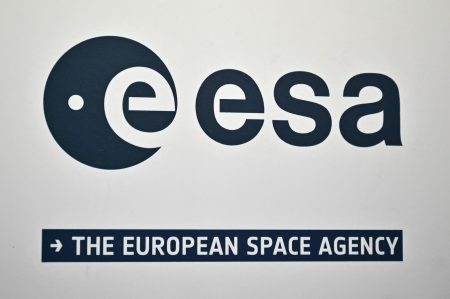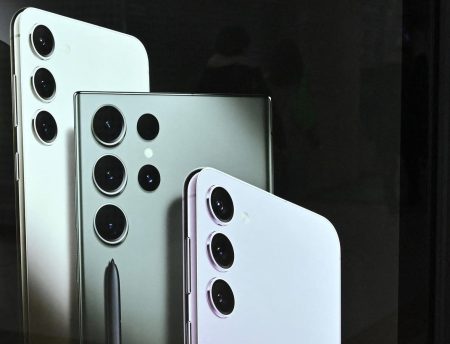MySpace gave us co-founder Tom right off the bat: join the social network and you started with at least one friend, even if he never interacted with you. Now social platforms like Snapchat and Facebook are using generative AI to give us smarter and more engaging friends.
Last week when Facebook parent company Meta reported financial results, CEO Mark Zuckerberg said he saw the AI friend as an assistant or coach that “can help you interact with businesses.” Facebook’s AI chatbots will reportedly offer a range of personalities and capabilities, presumably in the hope that at least one will appeal to most if not all Facebook users.
According to Financial Times reporting, Zuckerberg is “spending all his energy and time” on this: a massive shift from the metaverse and VR, his previous idée fixe.
If Meta does actually release an AI chatbot on Facebook or in Messenger and WhatsApp, the company will join Snap, which has had an AI friend since February of this year. Initially tucked away behind a paywall, Snap’s “My AI” is perhaps not the sharpest knife in the drawer—when I asked it for cool videos it didn’t direct me to Snapchat’s discover tab but instead competitors like YouTube and Amazon Prime—but it’s good enough to chat relatively mindlessly with.
Plus it can become a math tutor, or even a “best friend.”
That’s going to cause issues in our society, according to some.
“At some point we will absolutely develop deeper relationships with AI than we have with people, due to the availability and interest AI will have in us,” says Dr. Andrew Byrne, an associate professor at Cal Poly school of education, focusing on counseling. “This will result in learned narcissism that leads to extreme interpersonal toxicity until someone trains AI to set boundaries.”
“It’s a mental health crisis waiting to happen, for which they’ll prescribe an AI therapist for,” says futurist and author Theo Priestley.
Snapchat’s AI can answer trivia questions, give advice, plan a trip, or suggest a meal, the company says. It also works as a tool to build the Snap’s knowledge of its users and help the platform tailor ads directly to you.
There’s a competitive angle to this: while Google owns search, Snap and Meta could provide much of what search offers right within their own social platforms. GPT-4, in fact, is already outpacing Google search in its ability to answer questions, particularly challenging ones, and Meta’s AI could achieve similar results. (Snap’s AI is powered by GPT-4.)
But the bigger question is what this might do to people and relationships.
We’ve already seen that people develop extremely close bonds with AI: one woman married her Replica AI bot. Loneliness is a growing problem, and given that humans can anthropomorphize pretty much anything, it’s not too big a stretch to suggest that we are doing the same with technology.
But since our AI-friends and lovers will probably be designed to always fulfill our every momentary needs and wants, what impact will that have on our relationships with real people?
We are very likely to find out over the next few years.
Read the full article here










